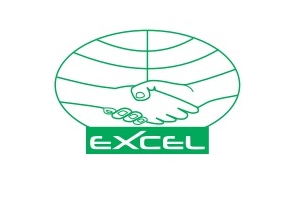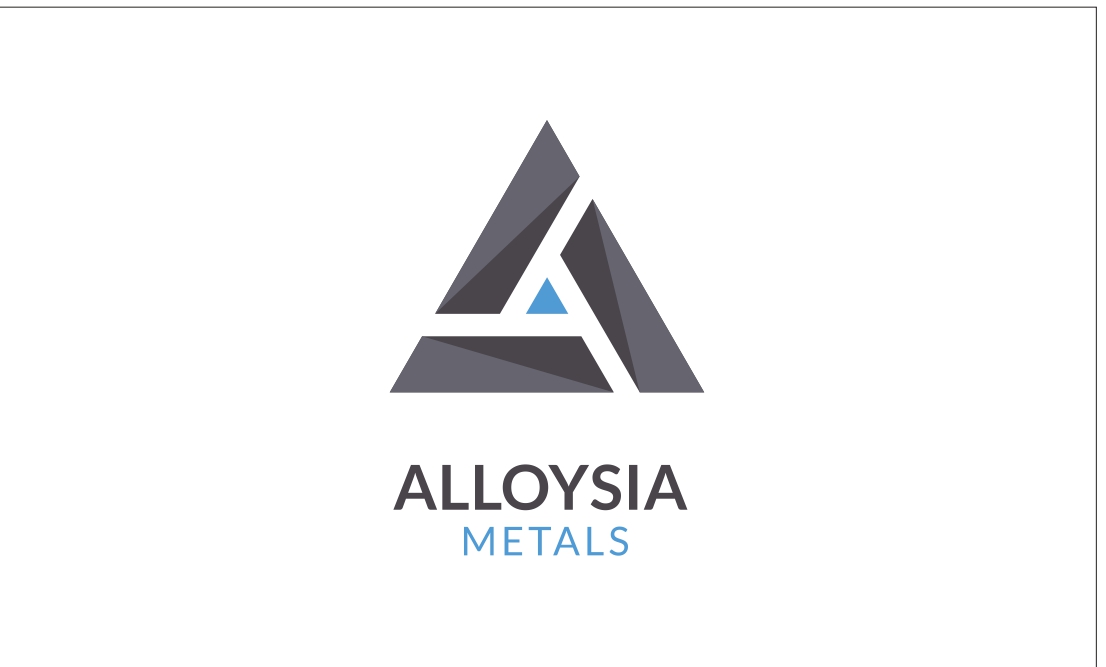Get A Quote
Get A Quote
+91

Home

Account

Get A Quote

About Us
Products
Materials
Contact Us
Connect with us
Get A Quote

Home

Account

Get A Quote

Inconel 718 Concentric Reducer Pipe Fittings are high-temperature, corrosion-resistant fittings made of nickel and iron alloys for extreme conditions. It comprises about 59% nickel and 20-25% chromium, with the remaining combination of molybdenum, niobium, iron and titanium. The unique composition ensures the strength and resilience of the fitting so that it can perform effectively in demanding applications where other materials may fail. Inconel 718 also has excellent weldability and is highly resistant to corrosive elements such as hydrochloric acid. Its superior chemical composition makes it an optimal choice for harsh environments where heat and pressure test its durability over time.
718 Inconel concentric reducer pipe fittings offer numerous advantages for various applications in the industrial sector. These fittings' high-temperature resistance and thermal stability make them well-suited for corrosive and extreme environment uses, such as heat exchangers, pipe header systems, hydraulic pressure cylinders, nuclear power plants, and cryogenic tanks. Moreover, their exceptional ability to sustain both moderate and accelerated crack growth helps preserve leak-proof performance in working systems even if cracks appear later. Besides its practical uses, this fitting offers increased flexibility during installation due to its lighter weight and dimensionally adjustable.
Inconel 718 Concentric Reducer Pipe Fittings are high-temperature, corrosion-resistant fittings made of nickel and iron alloys for extreme conditions. It comprises about 59% nickel and 20-25% chromium, with the remaining combination of molybdenum, niobium, iron and titanium. The unique composition ensures the strength and resilience of the fitting so that it can perform effectively in demanding applications where other materials may fail. Inconel 718 also has excellent weldability and is highly resistant to corrosive elements such as hydrochloric acid. Its superior chemical composition makes it an optimal choice for harsh environments where heat and pressure test its durability over time.
718 Inconel concentric reducer pipe fittings offer numerous advantages for various applications in the industrial sector. These fittings' high-temperature resistance and thermal stability make them well-suited for corrosive and extreme environment uses, such as heat exchangers, pipe header systems, hydraulic pressure cylinders, nuclear power plants, and cryogenic tanks. Moreover, their exceptional ability to sustain both moderate and accelerated crack growth helps preserve leak-proof performance in working systems even if cracks appear later. Besides its practical uses, this fitting offers increased flexibility during installation due to its lighter weight and dimensionally adjustable.


































No more suppliers available.
Website Banner